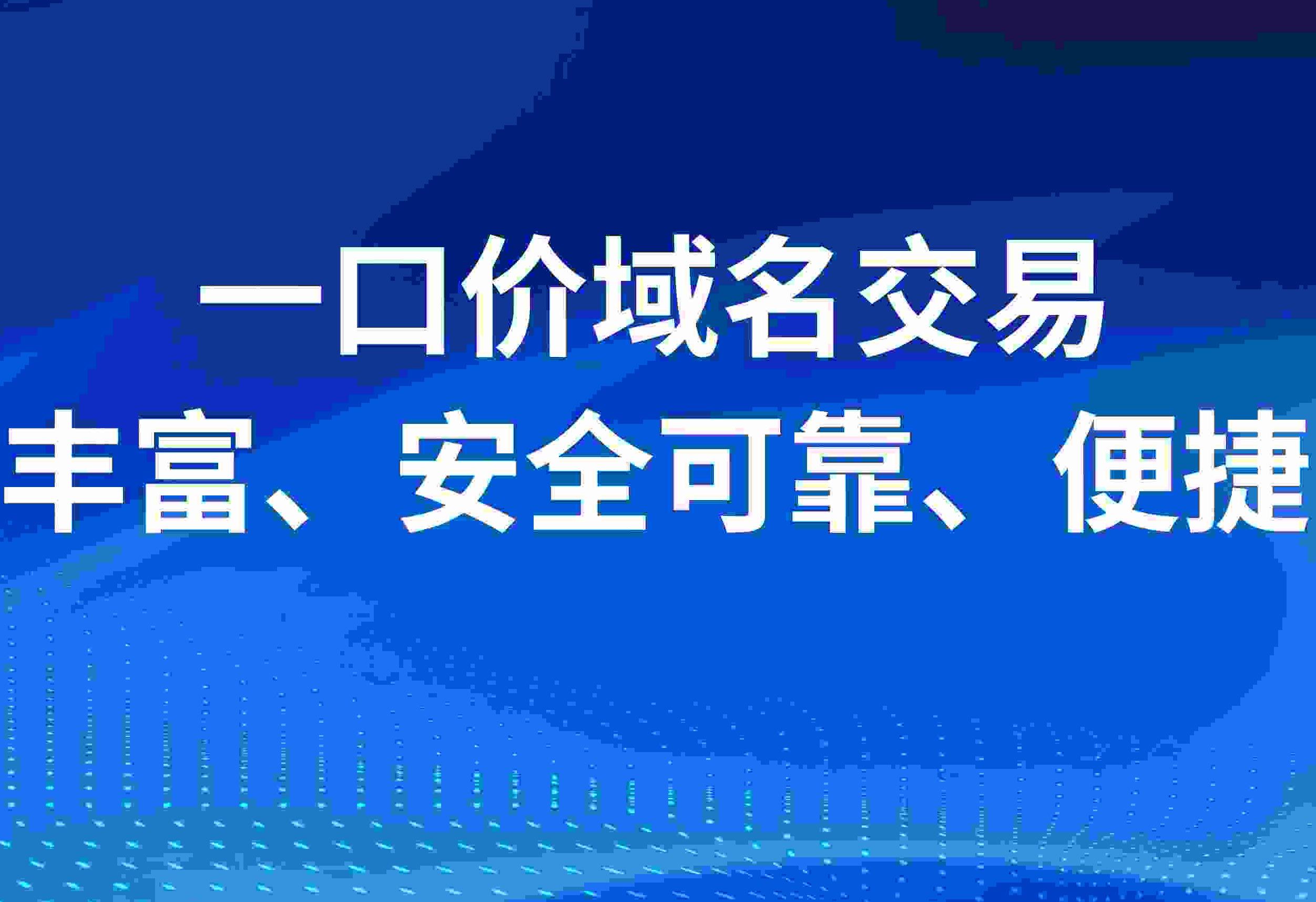品牌价值
域名与企业名称"长春飞思特科技有限公司"高度匹配,有助于建立品牌认知。
seo潜力
适合科技、软件、网络服务类企业使用,具有很高的商业开发价值。
投资价值
优质域名是稀缺资源,长期持有具有升值潜力。
联系方式
如果您对此域名感兴趣,请通过以下方式联系我们:
电话: 138-XXXX-XXXX
邮箱: 3128188888@qq.com
微信: 请扫描下方二维码添加

合作伙伴
以下是我们推荐的优质网站:
大连耀创贸易有限公司
张学伦
齐宏伟
浦城县欣兹百货店
王天时
河北乐坤贸易有限公司
海口龙华区吉玥笙商贸商行
胡小龙
高安市争冠渔具店
陕西盛圣实业有限公司
武汉德众源体育文化发展有限公司
海口龙华柏耀甄选网络科技工作室
方嘉维
宁夏成琳商贸有限公司
江西博古特家居有限公司
上海榴莲萌网络科技有限公司
傅少惠
山东营鹏信息科技有限公司兰陵分公司
广州市涵天酒店有限公司
黄俊
北京赵素娟民俗餐厅
魏县维刚商务服务中心
陕西聚鑫源集团股份有限公司
海南天天爱科技有限公司
荆门市东宝区韧吹百货店
北京安谊林影视制作有限公司
黑龙江锦翼科技有限公司
滑县和信机械设备有限公司
北京金锑体育文化发展有限公司
重庆瑞佳悦科技有限公司